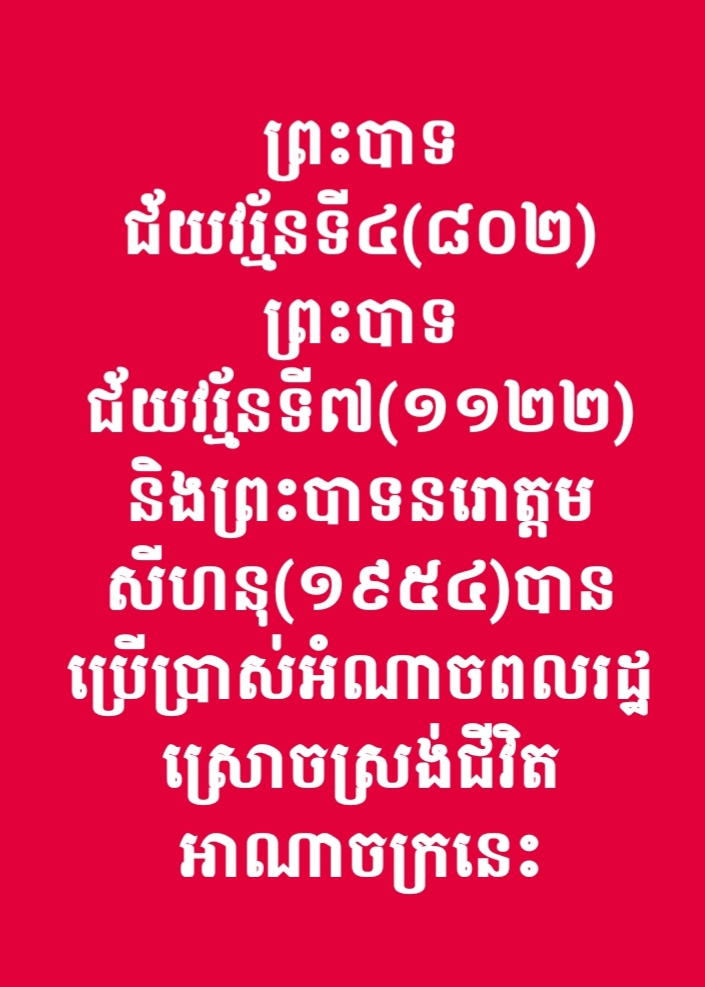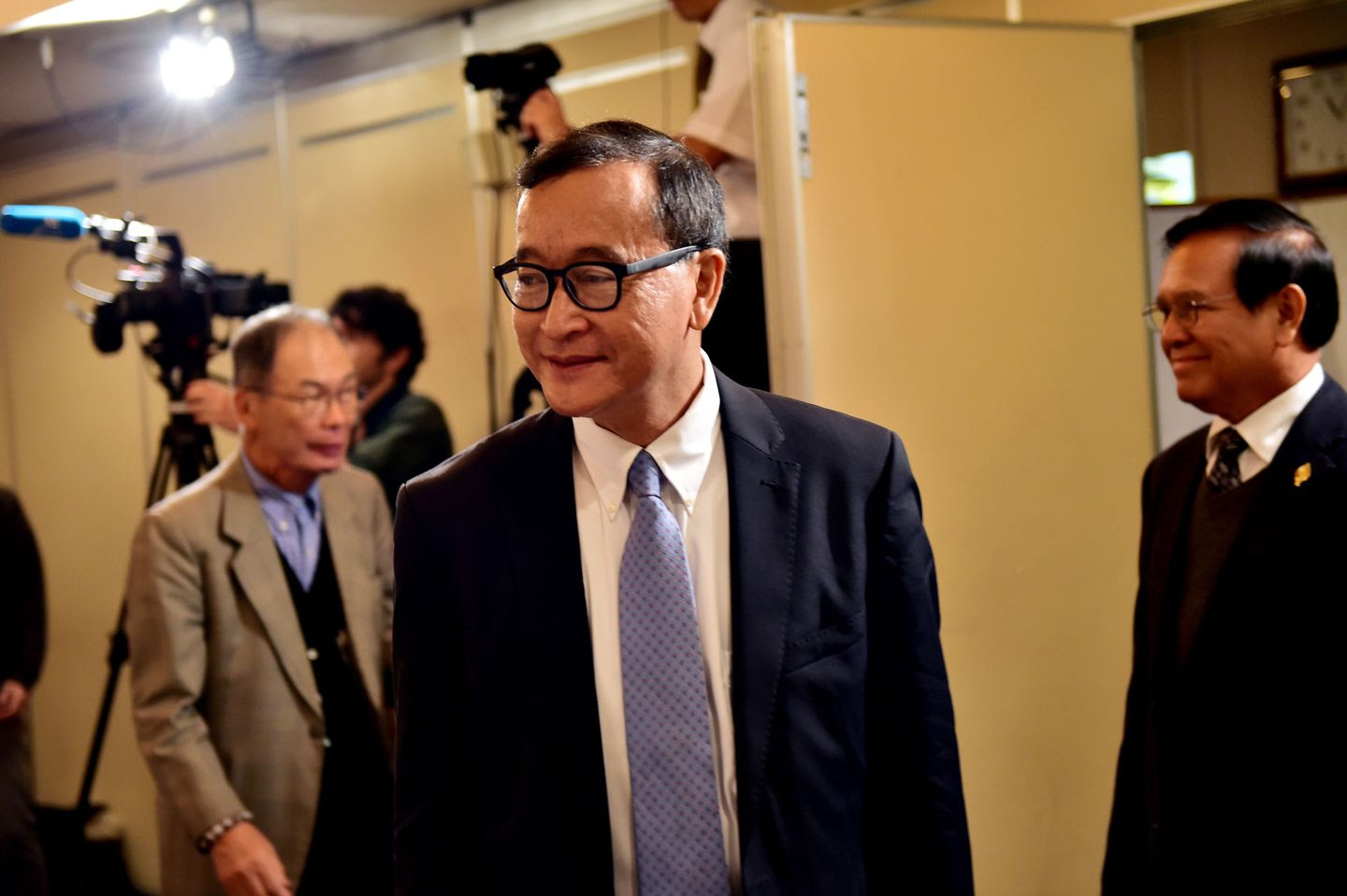“This may be the last time you see me alive or as a free man,” he said. “Because in a few days I may be dead, I may be put in jail, so while I am a free man I want to express my conviction that democracy will prevail.”
លោកសម-រង្ស៊ីមានប្រសាសន៍ថា”នេះអាចជាពេលចុងក្រោយដែលអ្នកនៅឃើញខ្ញុំនៅមានជីវិតឬជាមនុស្សមានសេរីភាព”។ ពីព្រោះនៅតែប៉ុន្មានថ្ងៃខាងមុខនេះ ខ្ញុំអាចនឹងស្លាប់ ខ្ញុំអាចនឹងគេចាប់ដាក់គុក ដូច្នេះក្នុងពេលដែលខ្ញុំនៅមានសេរីភាព ខ្ញុំចង់បញ្ជាក់ពីការប្តេជ្ញាចិត្តថាប្រជាធិបតេយ្យនឹងរីកស្គុសស្គាយ។
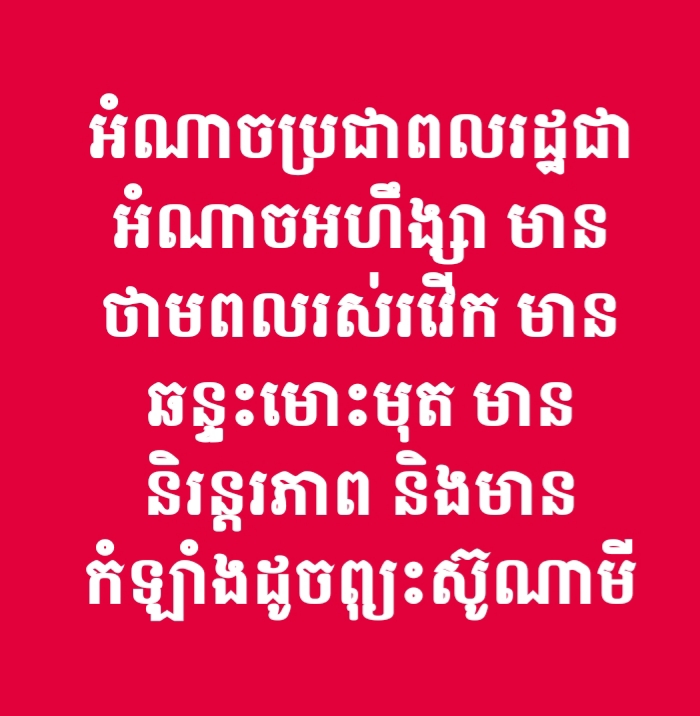
Cambodian Opposition Chief Readies Return From Exile
By The Associated Press
- Nov. 5, 2019 Updated 7:30 am
BRUSSELS — Cambodia’s most prominent opposition politician says he’s ready to risk imprisonment or death by returning to his country from self-imposed exile to unseat the country’s longtime ruler.
Sam Rainsy, co-founder of the Cambodia National Rescue Party, told The Associated Press that he hopes his planned return on Saturday will trigger a nonviolent People’s Power-style mass movement to force Prime Minister Hun Sen from office.
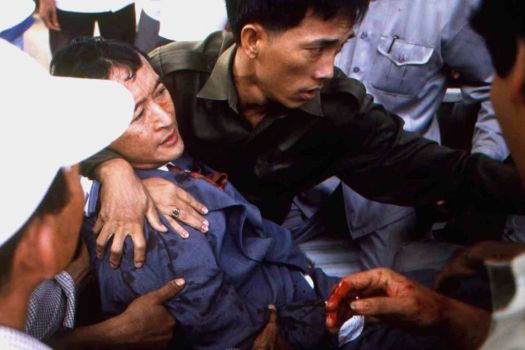
“I expect to bring about a democratic change, meaning to put an end to the current regime, which is a brutal dictatorship,” he said in an interview Monday in Brussels, where he was seeking support from European Parliament lawmakers.
He said he plans to jet back to Asia from Brussels and prepare to cross into Cambodia from a neighboring country on Saturday, which is Cambodia’s Independence Day.
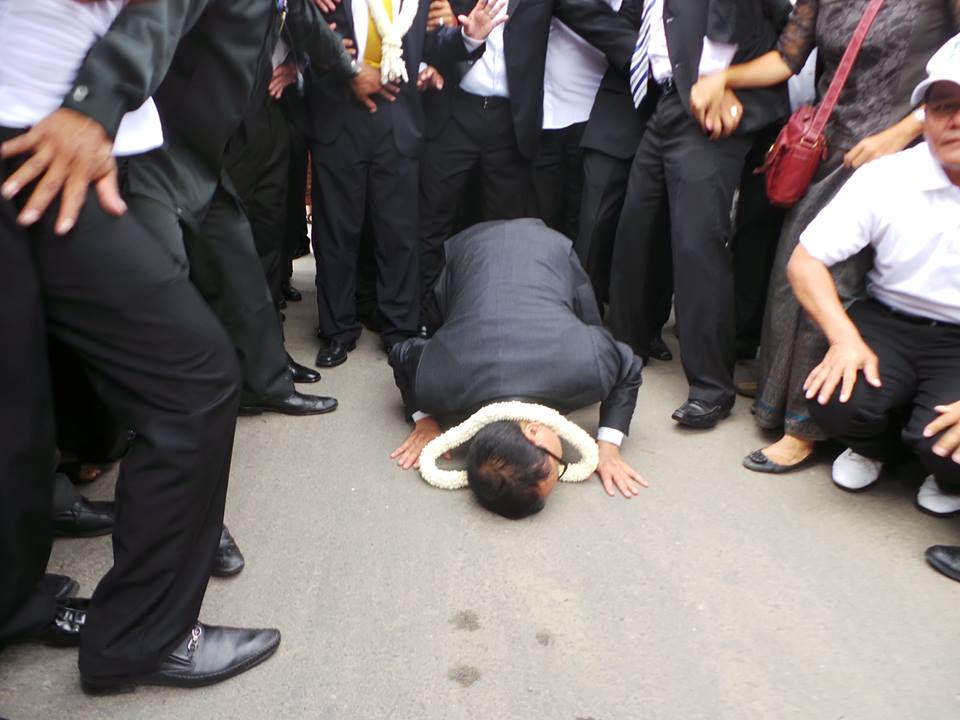
The plan is fraught with jeopardy. If he should succeed in entering his country, prison is a near certainty for him. According to the Justice Ministry, Sam Rainsy has convictions on six offenses — including the criminal libel charge that caused him to go into exile in 2015 to avoid serving a two-year prison sentence — and at least eight other cases are pending. He and several colleagues face charges of armed rebellion for their return plan, which could earn them prison terms of 15-30 years.
In 1997, Sam Rainsy survived an assassination attempt when grenades were tossed at a small rally he was leading in the center of Phnom Penh, Cambodia’s capital. At least 16 people were killed and scores were wounded.
“We have to take the risk. I have assessed those risks and they are worth taking, worth taking because the Cambodian people have been suffering for a long time, so we have to try to put an end to the sufferings,” he said.
Continue reading
